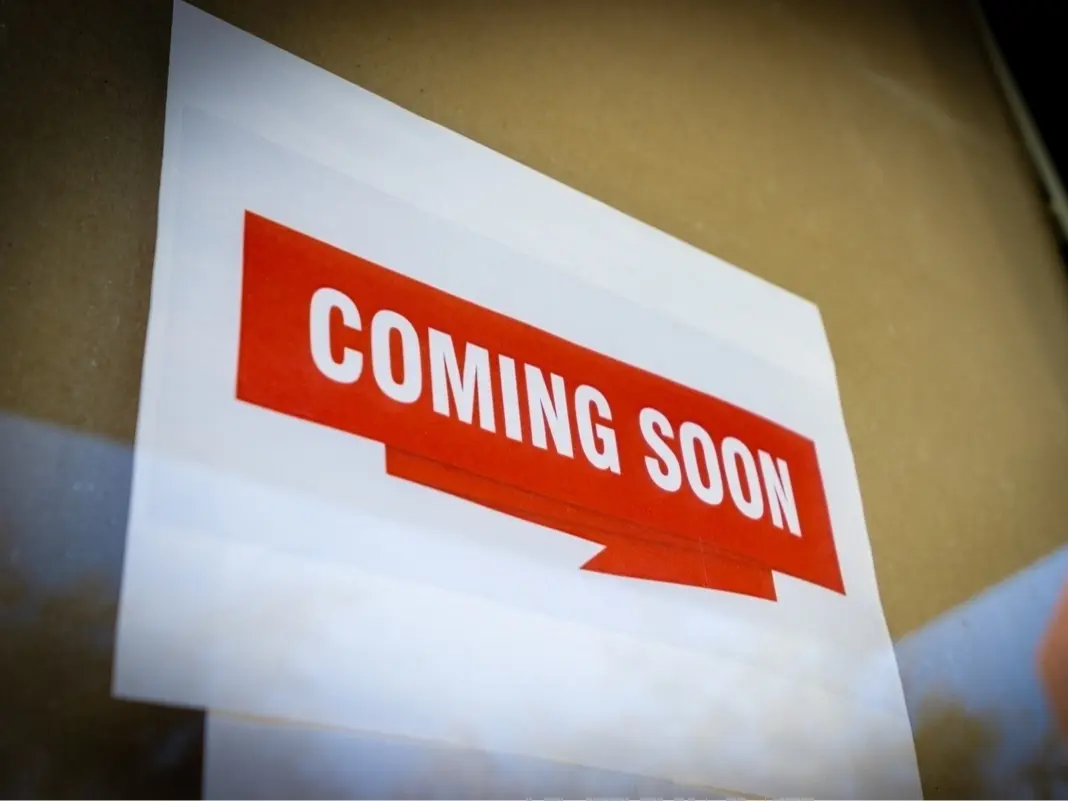Copyright Fast Company

U.S. economists may be barely holding on by the edge of their fingernails over the current state of the American economy, but strangely, consumers don’t seem to care. When Donald Trump entered his second term as U.S. president, forecasters predicted radical economic and political changes that would negatively affect the economy and consumer spending. Today, the federal government is shut down, there has been massive cuts in federal government jobs over the past 10 months, an immigration crackdown threatens the labor supply, and tariffs and their associated price hikes are all rocking the U.S. economy. By all predictions, consumer spending should be dropping dramatically. But as of August 2025, the numbers aren’t showing the drop one might expect. “Despite some tariffs jumping as high as 50%, we’ve seen no recession and stocks remain buoyant,” says MichealAaron Flicker, consumer behavior entrepreneur and founder and president of XenoPsi Ventures. “Economic orthodoxy says this shouldn’t be happening, so what are we missing?” WHY ARE CONSUMERS STILL SPENDING IN A SHAKY ECONOMY? Consumer sentiment is historically low. Consumers cite anxiety about tariffs, difficulty obtaining employment, inflation and a possible recession for feeling negatively about the economy. Economists expect this sentiment to stall spending, but it has not because factors other than logic affect human behavior. Subscribe to the Daily newsletter.Fast Company's trending stories delivered to you every day Privacy Policy | Fast Company Newsletters “We’re not in a rational economy; we’re in a story economy,” says Flicker. “Nobel Prize-winning economist Robert Shiller has called this narrative economics — where the strength of a story can sway millions more than data and spreadsheets ever could.” In Shiller’s most recent book, “Narrative Economics: How Stories Go Viral and Drive Major Economic Events,” he explores fascinating concepts of how economic narratives affect people’s thinking and action, such as why people spend more in a boom and less in a bust or why they perceive the stock market as a barometer for the health of the economy. He convincingly writes that economic events are driven by contagious spread of oversimplified and easily transmitted variants of economic narratives. In a modern economy flooded with signals like tariff news, inflation warnings and geopolitical headlines, narratives cut through the noise and resonate with our story-loving brains. A dominant narrative like “tariffs equal American power” or messages like “the economy is roaring back” can override neutral or negative data because they connect emotionally and are easy to remember. THE MERE EXPOSURE EFFECT There is strong behavioral science backing up why humans start liking things that they are more exposed to. It’s called the Mere Exposure effect. In 1965, University of Michigan psychologist Robert Zajonc showed research participants pictures of faces and asked them to rate how pleasant they were. Some of the participants had seen the faces before and others had not. Among those who had seen the faces before, a certain number had seen them a few times and others saw them as many as 25 times. The findings of Zajonc’s studies were clear: the greater the previous exposure, the more positive the response. Zajonc re-ran this study in two other settings, showing participants nonsense words and Chinese characters. Each time he found the same result. advertisement It seems that just seeing something regularly makes us like it more, even if no extra information is imparted. One explanation for this is that the more we’re exposed to a stimulus, the more easily we process it, and that ease is interpreted in the human mind as preference. POLITICAL PREFERENCE AND THE CONFIRMATION BIAS Much has been written about how social media algorithms adjust their content to feed users content that aligns with their expressed world view. Pew Research has shown that members of the political party in power tend to view the economy more favorably than their counterparts. This is confirmed in David Brady’s paper “Cognitive Political Economy: A Growing Partisan Divide in Economic Perceptions,” in which he shows that over a 21-year period, both Democrats and Republicans were more likely to have a dim view of the economy when a president of the opposing party was in office. Independents were not swayed by the party holding the presidency. Flicker says this is likely due to confirmation bias, a cognitive shortcut we use when gathering and interpreting information. “Humans have an underlying tendency to notice, focus on and give greater credence to evidence that aligns with their existing beliefs,” he says. “Evaluating evidence takes time and energy, so our brains are always looking for shortcuts to make the process more efficient.” CONSUMER BEHAVIOR DRIVES MACRO RESULTS For decades, economic models treated consumer sentiment and behavior as lagging indicators — that is, people respond to what’s happening in the economy, not the other way around. Flicker suggests it may be time to challenge this assumption. Today, there’s mounting evidence that consumer behavior leads economic outcomes instead of reflecting them. Major spending decisions by households often occur before shifts in GDP or business investment. “This inversion is critical,” says Flicker. “When consumers collectively believe the economy is stable or are motivated by narratives like urgency, scarcity or optimism, they act accordingly. Their increased spending, borrowing or investing stimulates growth, which then confirms their behavior. It’s a feedback loop that begins with behavior, not fiscal policy.” This shift could have profound implications. If behavior isn’t the result of economic shifts but is instead the engine behind them, then behavioral science becomes more a tool for prediction, not just analysis. Business leaders and policymakers who monitor behavioral trends could anticipate economic shifts more effectively than those relying solely on trailing indicators like GDP or inflation. “If consumer behavior is the engine of the economy, behavioral science is like high beams that can help see further down the road in front of us,” Flicker says. “Economic planners, brands and organizations would do well to incorporate more consumer behavior data as they predict which way the economy is going.”



